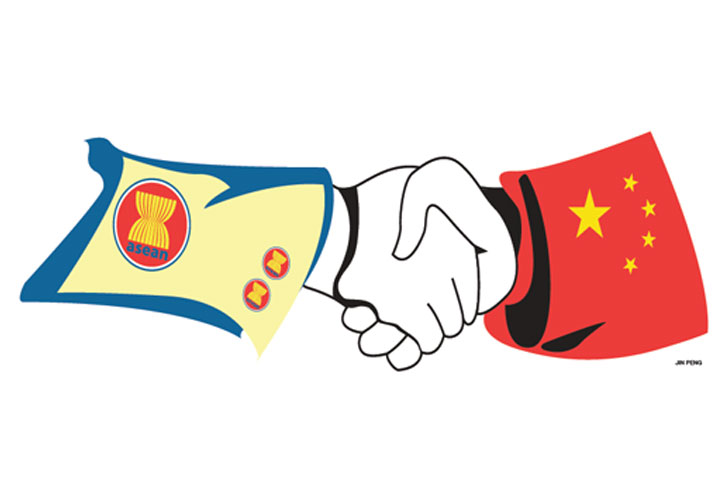Marco Rubio, the US Secretary of State, has been vocal about attenuating China’s burgeoning global control. However, President Trump’s inclinations towards imposing tariffs have strained relationships with American allies. Arriving in Malaysia for high-level diplomatic assemblies with Asian nations, Rubio’s visit is coming at a time when associations are strained due to President Trump’s latest tariff impositions.
Rubio’s schedule in Kuala Lumpur, the Malaysian capital, is filled with plans to meet the delegations from the Association of Southeast Asian Nations (ASEAN). Also included in his itinerary is a meeting with Sergey V. Lavrov, Russia’s Foreign Minister, details of which were shared by an official from the State Department.
The escalating conflicts involving Russia’s invasion of Ukraine are a significant topic of discussion. The Trump administration has been laboring towards negotiating a peace settlement, but Russia’s obstinacy has been a major impediment. Alongside these, Rubio has a series of diplomatic engagements slated for the coming few days before his return to Washington.
The conference is not just limited to US-Russia discussions, as top diplomats from China, Japan, and South Korea also convene in Kuala Lumpur for high-level talks this week. The State Department sees Rubio’s jam-packed visit as a strategic attempt to strengthen the United States’ relationships across Asia, providing a counterpoint to China’s increasing influence.
However, the spotlight is likely to shift towards President Trump’s abrupt decision to levy higher tariffs on 14 nations if they fail to secure trade agreements with the United States by August 1st. This action threatens to eclipse Rubio’s endeavors to foster dialogue and rapport with the allied nations.
Among the affected nations, at least eight are anticipated to be represented by diplomats at the meetings held in Kuala Lumpur. Being the host nation, Malaysia finds itself amongst the list of 14 countries. There was a sense of shock among Malaysian officials after the proposal from Trump’s administration about a 25 percent tariff imposition on Malaysian exports to the United States.
The proposed tariff falls in line with the 24 percent figure proposed by the Trump administration in April, which was temporarily suspended for 90 days. In response to this tension, Malaysia has been pushing for a trade pact with the United States, engaging in a series of discussion rounds with US representatives.
Prime Minister Anwar Ibrahim of Malaysia, responding to Trump’s tariff threats, urged Southeast Asian officials to streamline their foreign and economic policies just before Rubio’s arrival in the country. At the diplomacy conference, China’s top foreign policy official, Wang Yi, will represent China, touting it as a reliable trading partner, unlike the US.
Contrary to the expected approach of working collaboratively with allied nations against China on trade matters, the Trump administration has broadened its assault against several of those nations. It’s notable that a majority of these countries conduct more trading with China than with America, which could cause Trump’s aggressive approach to backfire.
President Trump’s actions may be part of a strategy to secure trade deals that can be presented as victories to the American public, regardless of whether the terms of these agreements clearly favor US commercial interests. Defense Secretary Pete Hegseth, during his trip to the Philippines and Japan (both American allies), emphasized Washington’s support for these nations.
Nonetheless, it’s speculated that the Trump administration might attempt to reverse some of the military initiatives in the region which were advised by the Biden administration. Rubio’s arrival in Asia occurs five months post his appointment as Secretary of state, following his visits to Latin America, the Caribbean, Europe and the Middle East.
Some US foreign-policy experts believe that the American government has over-prioritized conflicts in the Middle East over the past decades, potentially neglecting Asia. As the home to many of the world’s most populous countries and largest economies outside the U.S, Asia represents a region of substantial interest.
Despite these concerns, the focus remains on the ongoing and proposed tariff wars initiated by President Trump and their potential impact on U.S relations with Asian nations. This complex situation sets the stage for Rubio’s visit to Kuala Lumpur, where he is expected to navigate a series of diplomatic dialogues amid growing economic tensions.

